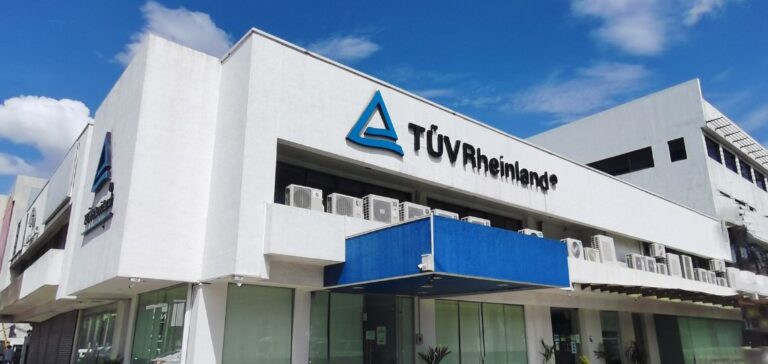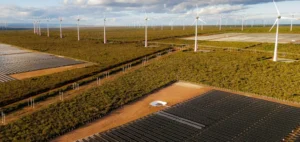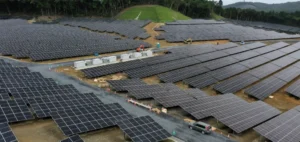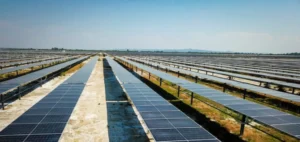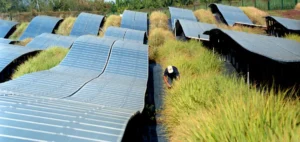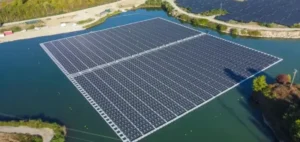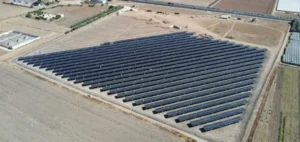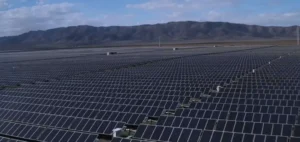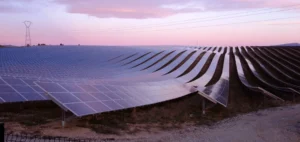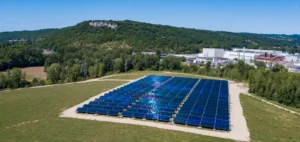TÜV Rheinland, a world leader in the field of certification, has been chosen to assess companies in the photovoltaic sector according to the ESG (Environment, Social, Governance) criteria defined by the Solar Stewardship Initiative (SSI).
This recognition places TÜV Rheinland at the center of efforts to structure and formalize sustainability practices within the industry, responding to growing expectations in terms of compliance and social responsibility.
The Solar Stewardship Initiative, an internal industry initiative, developed this ESG standard in response to global demand for greater transparency and ethical business practices in the solar supply chain.
The assessment by TÜV Rheinland covers critical aspects such as corporate governance, business ethics, human rights and environmental impact management, key areas for companies operating in a rapidly expanding sector.
Impact on the solar supply chain
The authorization granted to TÜV Rheinland is a major step forward for manufacturers and suppliers in the sector, who must now demonstrate their compliance with ESG criteria in order to remain competitive.
The framework established by ISS comes at a time when demand for cleaner, more responsible solar energy is growing rapidly.
ISS member companies are required to have their sites assessed within 12 months of joining, accelerating the adoption of best practice across the industry.
By complying with these standards, photovoltaic companies strengthen not only their brand image, but also their position in the global marketplace.
Assessment by TÜV Rheinland, renowned for its expertise and impartiality, lends additional credibility to the results obtained, and ensures that current practices meet the requirements of investors and regulators.
Strategic recognition for TÜV Rheinland
For TÜV Rheinland, this approval reinforces its position as a preferred partner in helping companies to improve governance and responsible management.
The company is thus part of a dynamic to enhance ESG performance, a criterion that has become essential in the evaluation of companies in the energy sector.
This recognition also enables TÜV Rheinland to diversify its portfolio of services and consolidate its role within a constantly evolving industry.
This endorsement underlines the importance of independent assessment in a context where market players need to demonstrate best practice.
TÜV Rheinland’s rigorous approach ensures that assessed companies not only comply with SSI requirements, but also contribute to setting new industry standards, necessary to meet today’s industry challenges.


